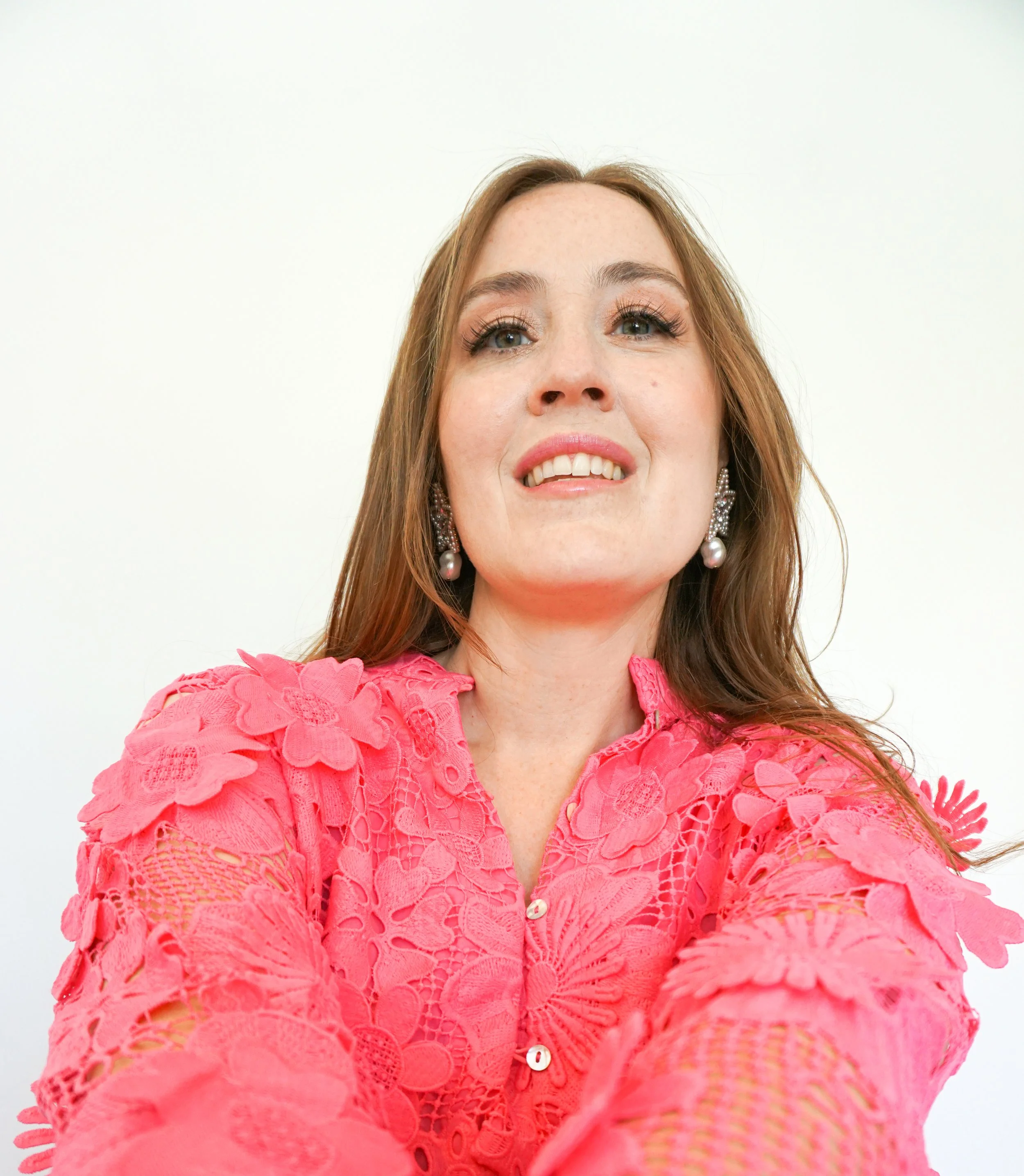
Chelsea Carattini
How I found myself through breast cancer
July 8, 2025 | Boise, Idaho
By: Chelsea Carattini
I sat in the predawn hours on the floor of my closet overcome with regret and devastation. I didn’t need a doctor to tell me what deep down I already knew; the mass I had discovered that morning was cancer. My thoughts plunged into an abyss of worst case scenarios and the dire reality I was facing.
I was a single mom. The sole provider for my six-year-old son. I hadn’t had the luxury of putting my health first. Between parenting, working, and surviving, I’d ignored the signs. And now, I was consumed by regret. Would my child lose his mother? Would I lose everything I had worked for? I had started a new job just two months earlier and had no sick leave, no backup income. I was barely surviving with the demands of the day-to-day as it was, how could I ever manage all the things that come with a devastating diagnosis and painful, drawn-out treatment?
Many months earlier, I'd vaguely noticed a lump but brushed it off. Then one morning, lying in bed with a stubborn ache in my shoulder, the thought of cancer struck me with alarming clarity. I stood in front of the mirror and knew the disfigured mass staring back at me was something I could no longer ignore.

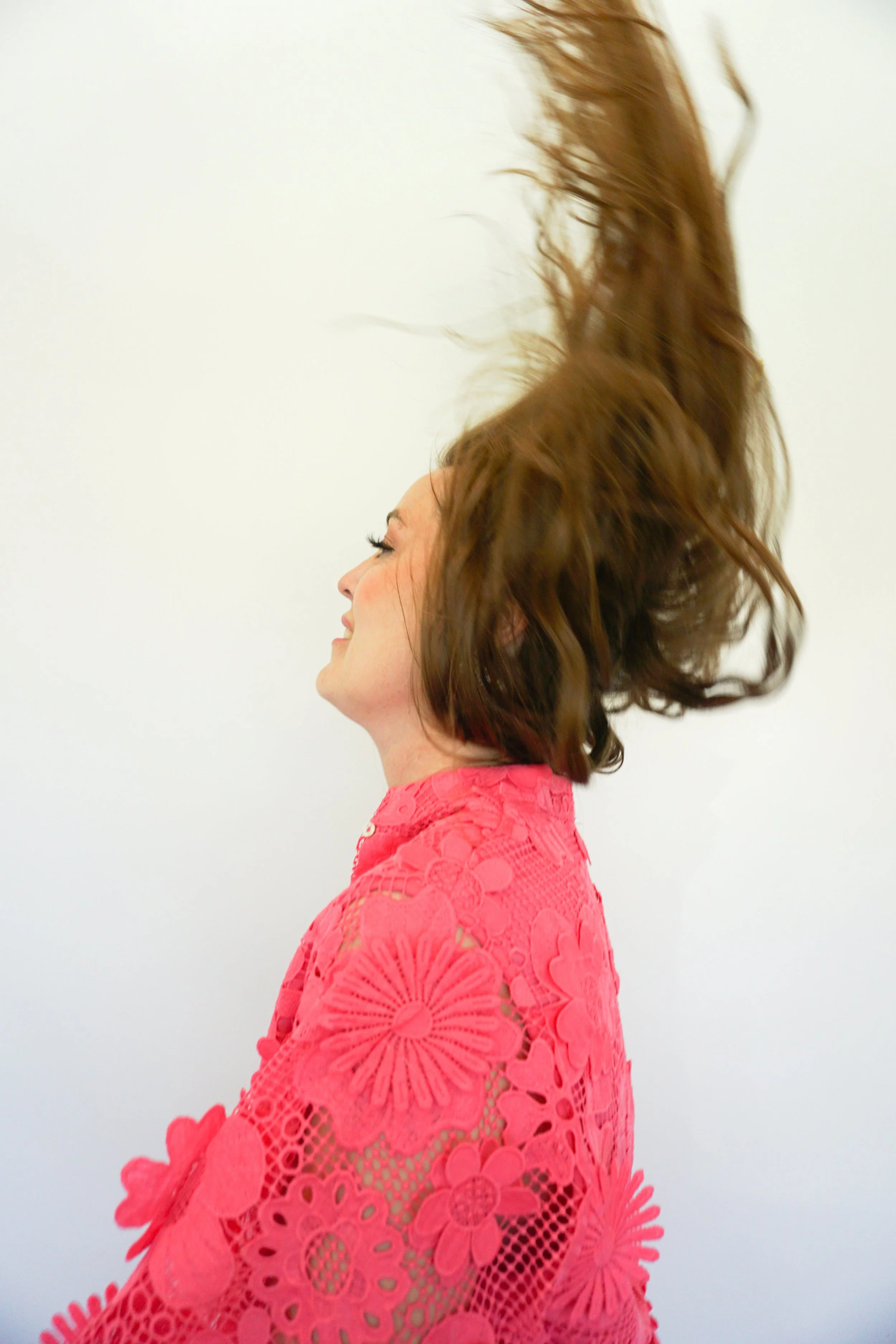
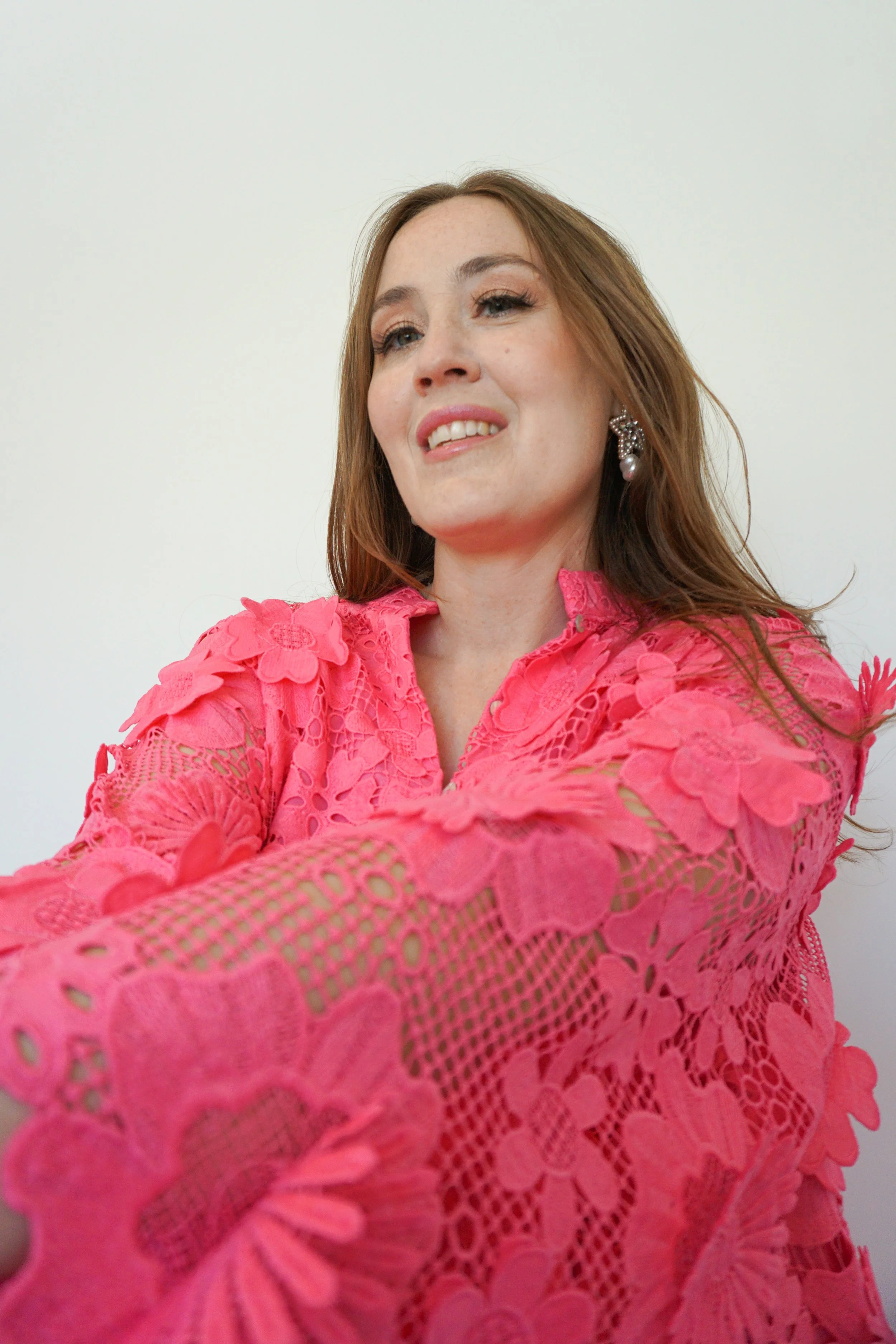
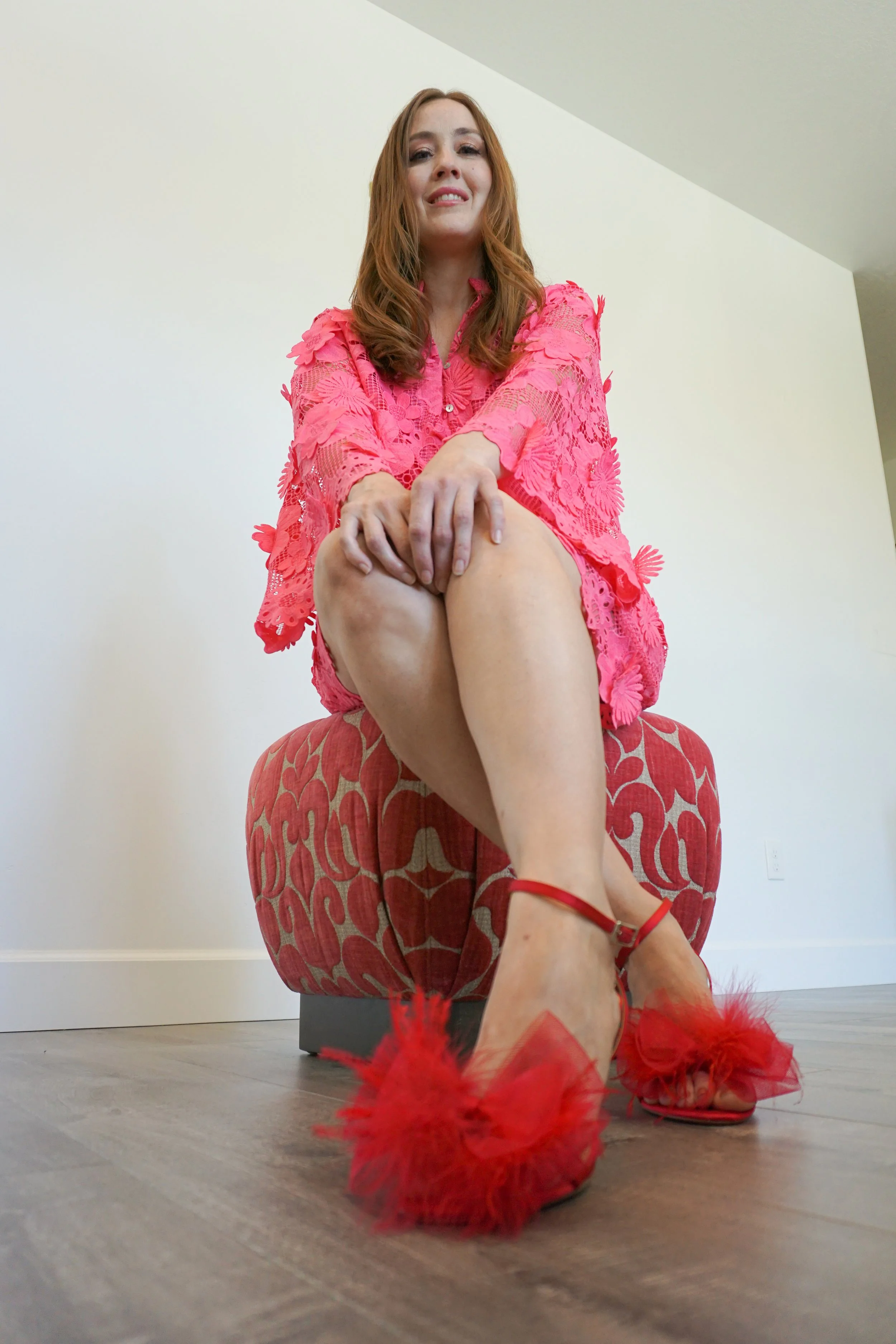
At 39, I became part of a growing number of women under 40 facing breast cancer. At that point, I vaguely knew what a mastectomy was. My sister-in-law had opted for a preventative mastectomy a few years before. But I hadn’t realized the full weight of what that meant: breasts removed entirely, nipples included, and with them, all sensation. A fellow survivor who offered me guidance during those early days called them “Barbie boobs”, smooth, artificial, numb. I learned that there were options: saline or silicone implants, fat grafting, implants under or over the muscle, or going flat, with or without prosthetics. Each came with tradeoffs and potentially a lifetime of surgeries.
What haunted me most was the idea of never feeling my child’s hugs again. One article I read suggested taping cardboard to your chest and hugging a loved one as a way of simulating and preparing mentally for the impending loss of sensation. Our breasts are more than body parts. They are symbols of motherhood, intimacy, femininity, nurture, and identity. I had nursed my son, held him close to comfort him. Now, I stood to lose a part of what made me feel like a woman.
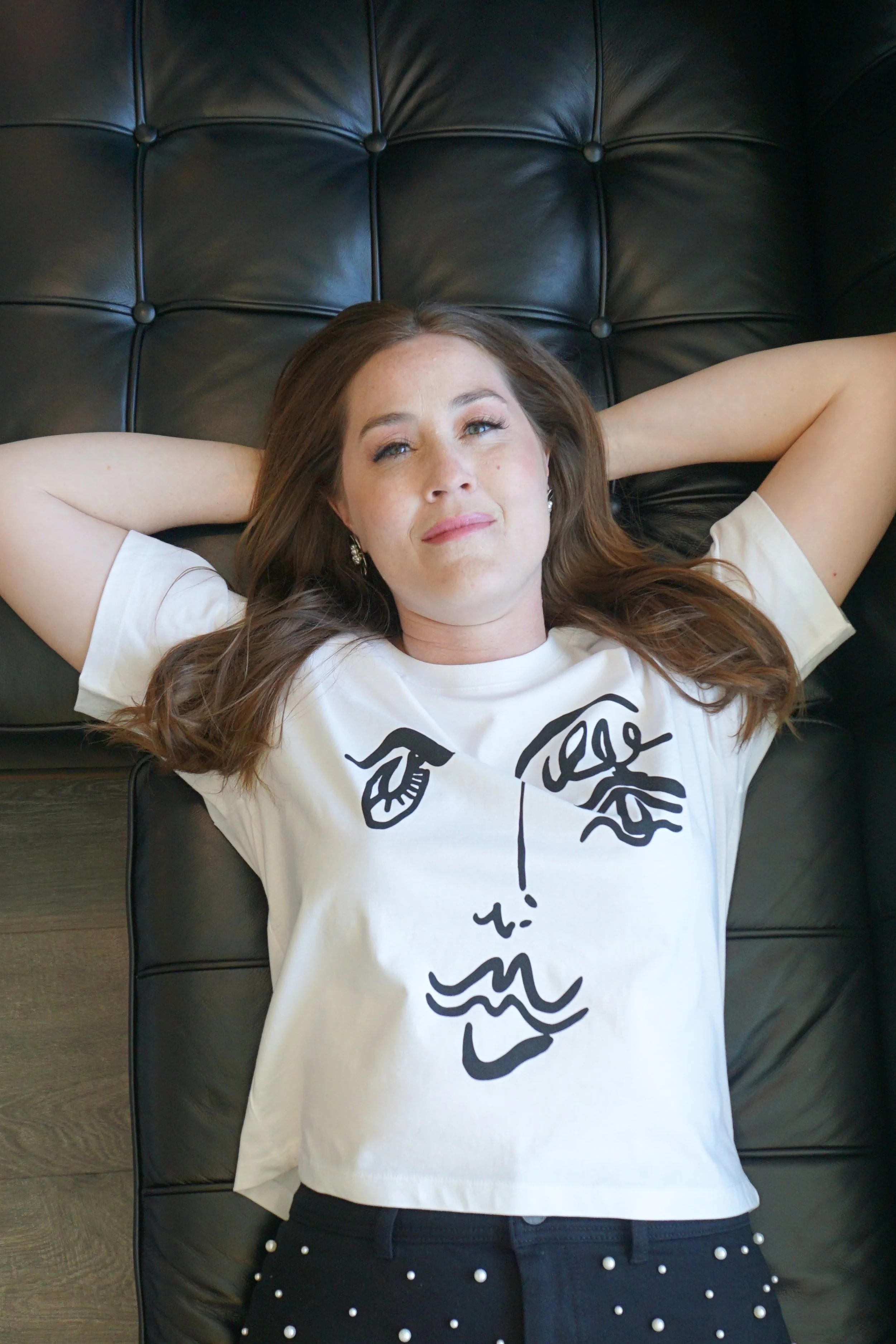
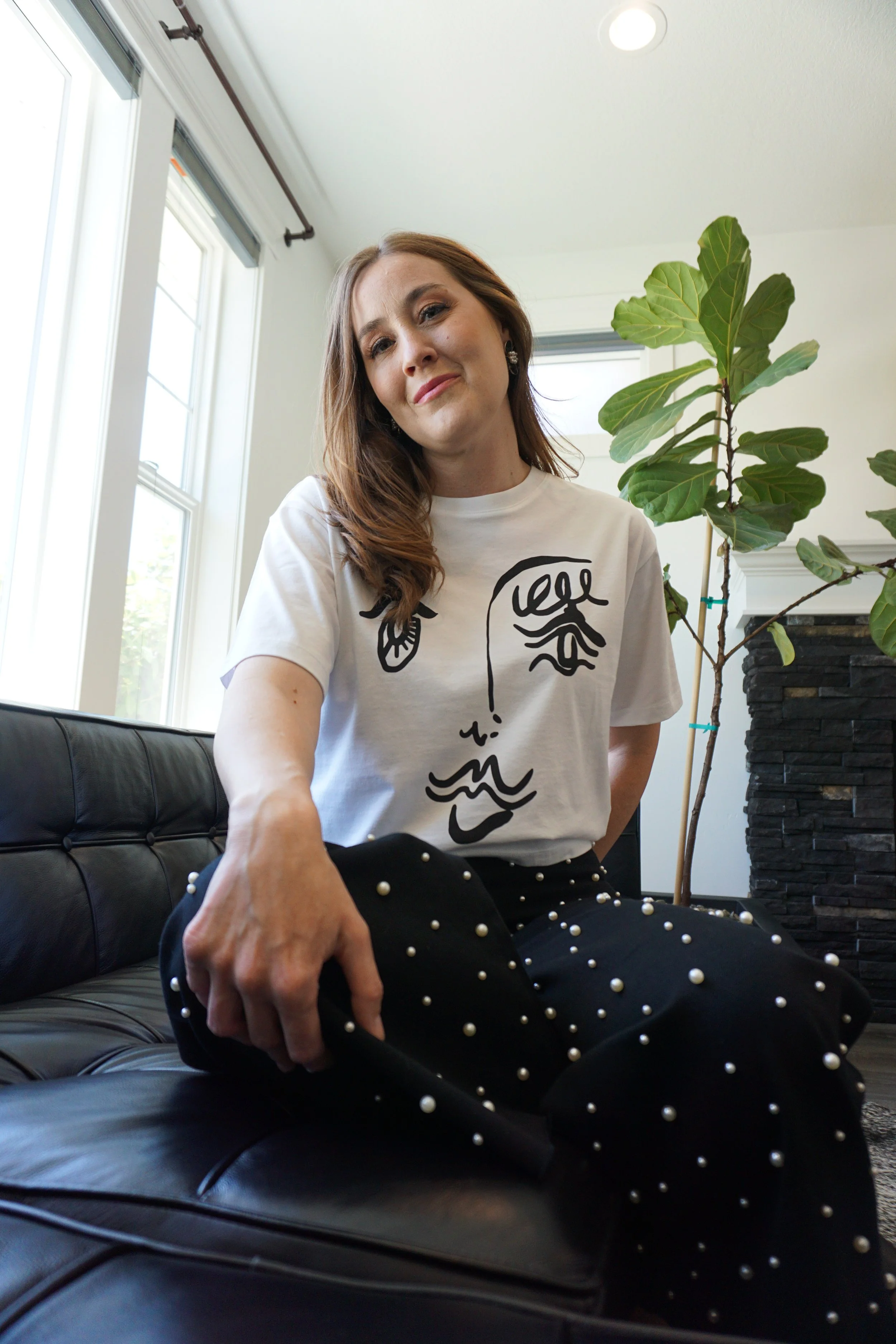
I lost my breasts but found myself in the process.
The mass, which would turn out to be nearly the size of a lime, was hormone positive which expanded the treatment options. The cancer, mercifully, hadn’t spread to my lymph nodes. A last minute cancellation got me into one of the best surgeons in the region. I didn’t have to undergo grueling chemotherapy. At work, a call went out asking for sick leave donations, and within an hour, strangers I had never met gave the maximum I could receive. Their generosity gave me the time I needed to heal without financial ruin.
But the most transformative part of my journey wasn’t the physical healing. It was the way people showed up.
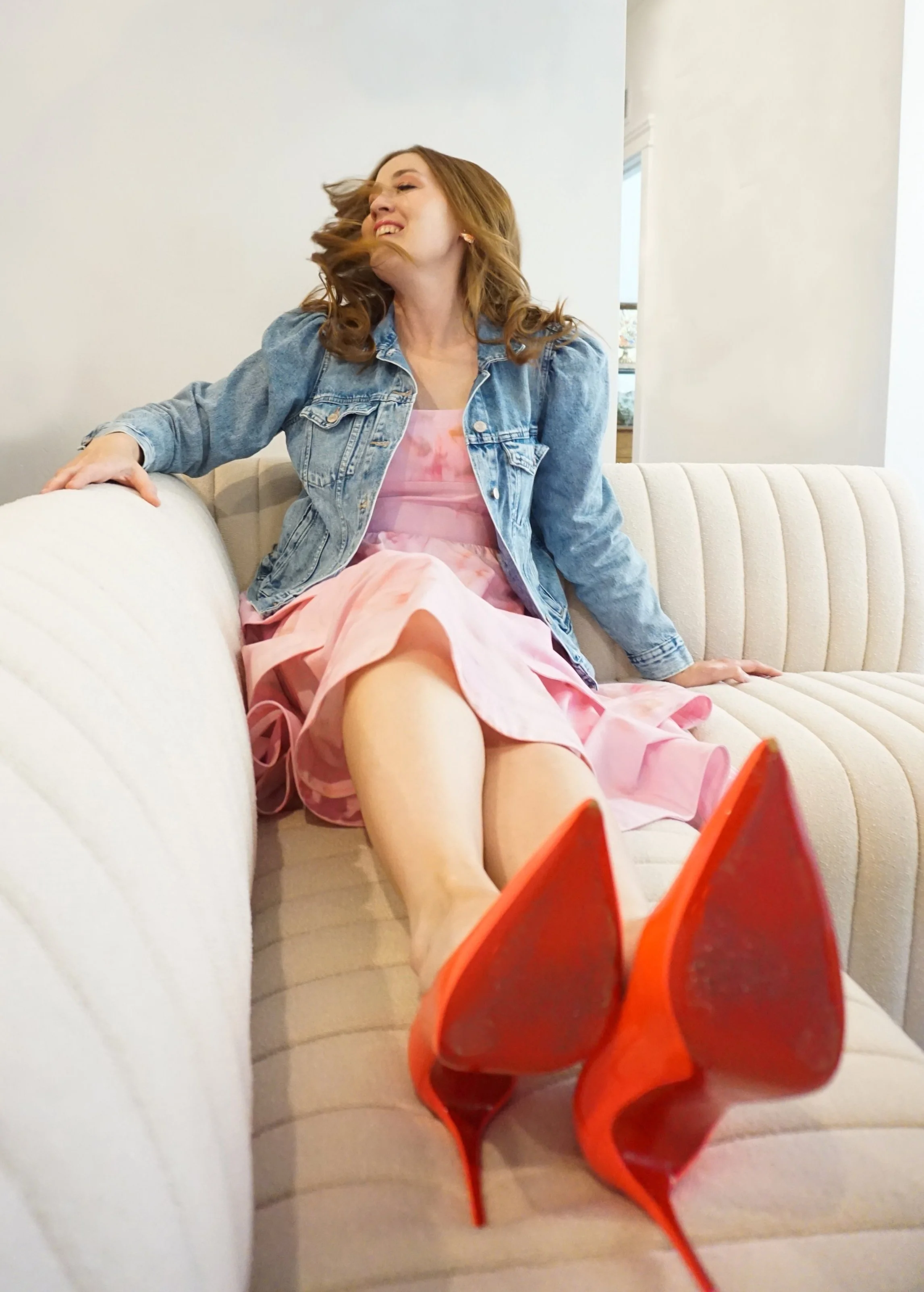

My friend who went with me to every major appointment so I wouldn’t have to be alone.
My family, who drove from another state to care for me and my child.
My church community, who prayed for me before they even knew what was wrong.
Friends who brought meals.
My sons’ first grade class that inundated me with handmade cards.
Survivors who reached out with comfort and hope.
Doctors and nurses whose compassion carried me through.
Fellow patients in the radiation waiting room who became friends.
Everyone who sent a messages, packages, prayers.
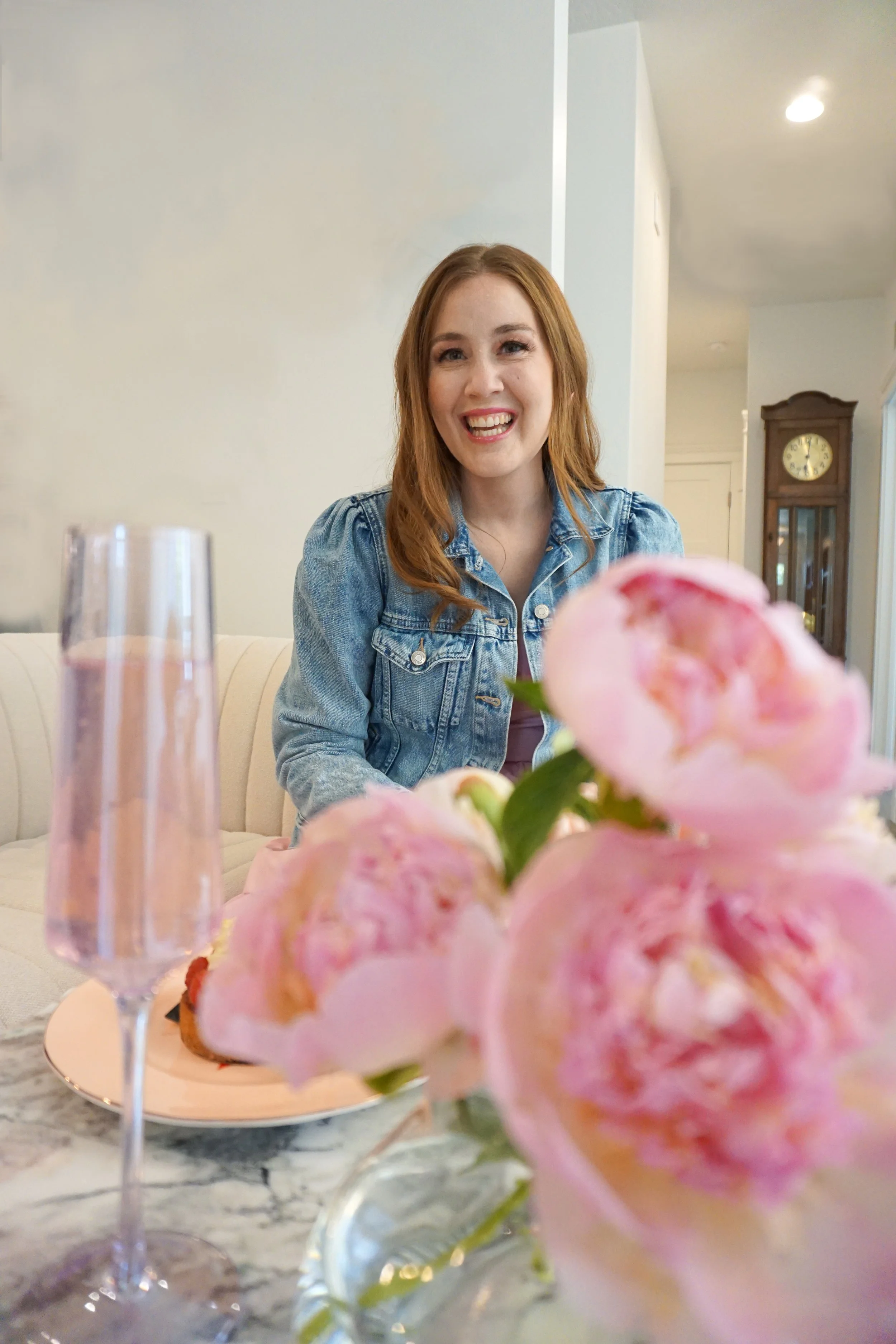
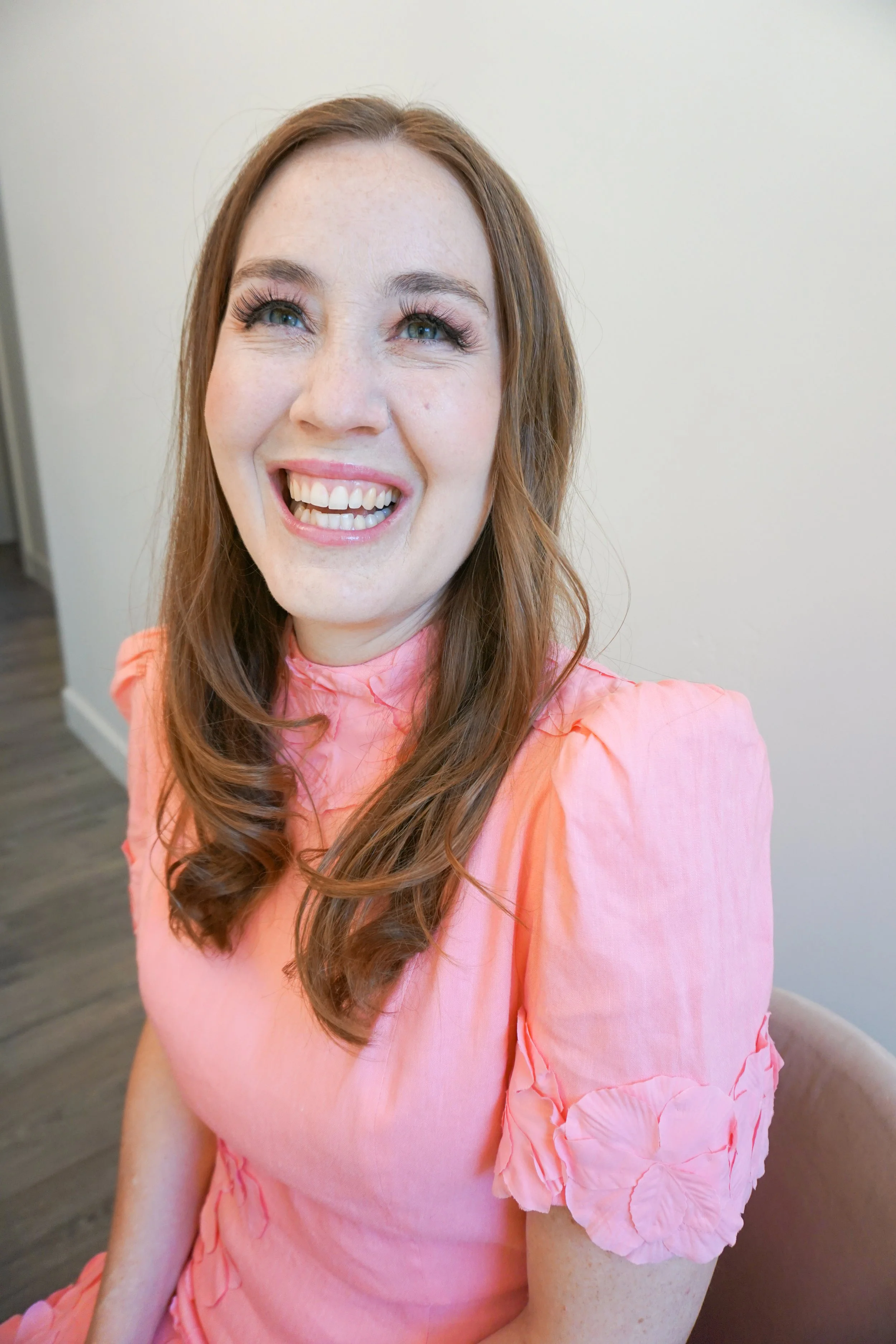
A funny thing happens when you consider the worst that could happen. Everything that is an improvement on the worst case feels like winning the lottery. You stop caring so much what others think of you or the silly things we get wrapped up in or worry about. I saw others more clearly. I began to focus less on what I lacked and more on how I could lift others.
It changed everything.
I learned to accept myself. I stopped obsessing over whether I belonged and instead focused on being here, now, with whatever gifts I can give.
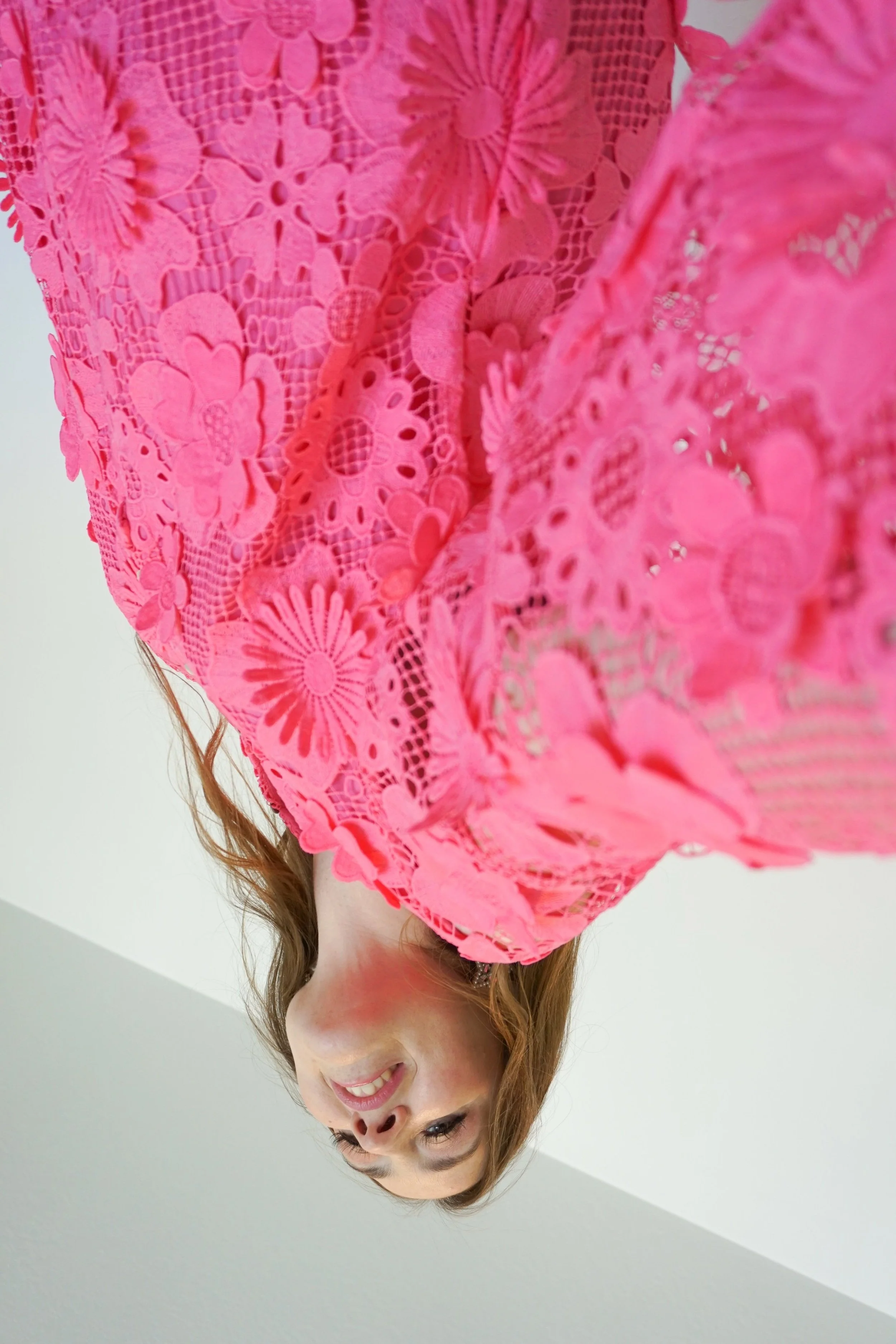
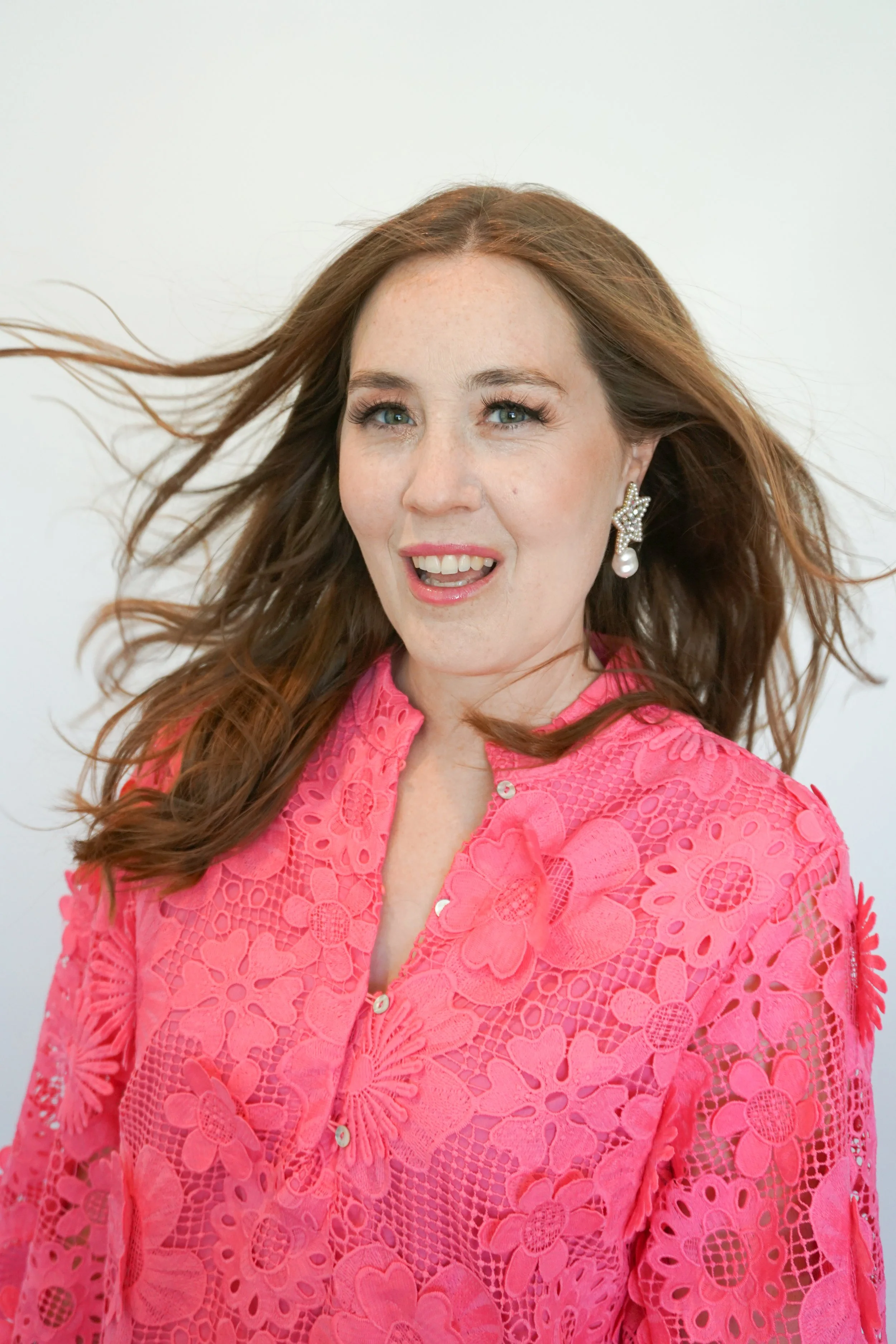
Now, nearly a year later, I look back, not with bitterness or a sense of loss, but with awe.
I wouldn’t change a single part of it.
Each day is a gift. I don’t worry so much about what others think. I laugh more. I feel more. And I finally understand how deeply I am loved.
A friend gave me a card that read: “What doesn’t kill you makes you stronger. (Also, what doesn’t kill you tried to kill you)”
But if you let it, it can also make you whole.
